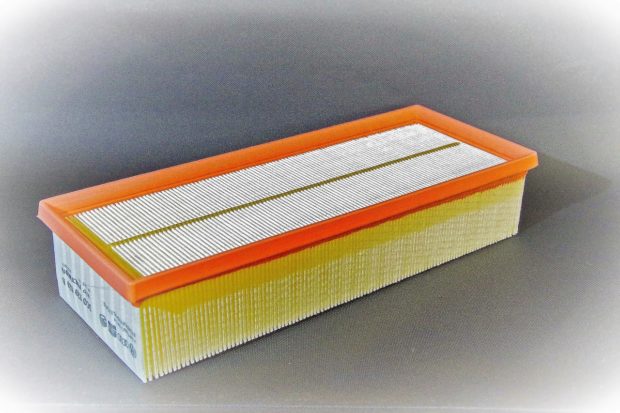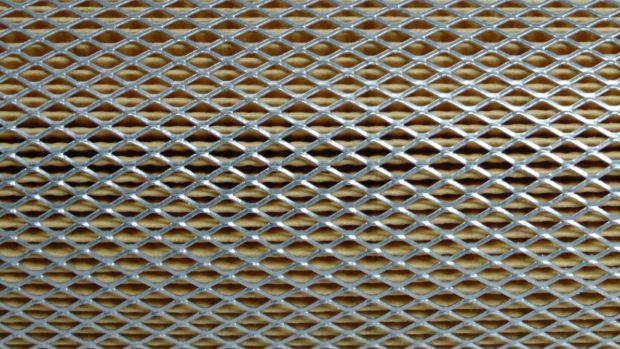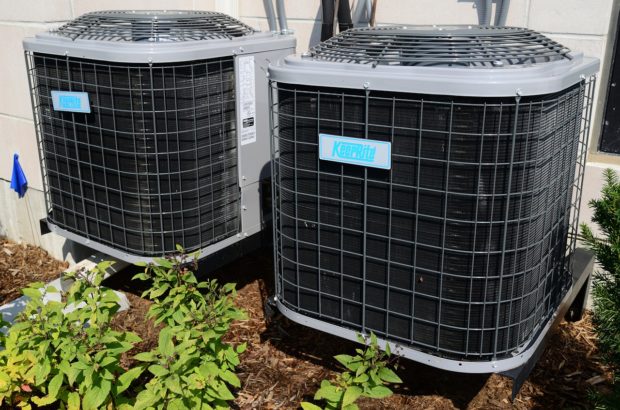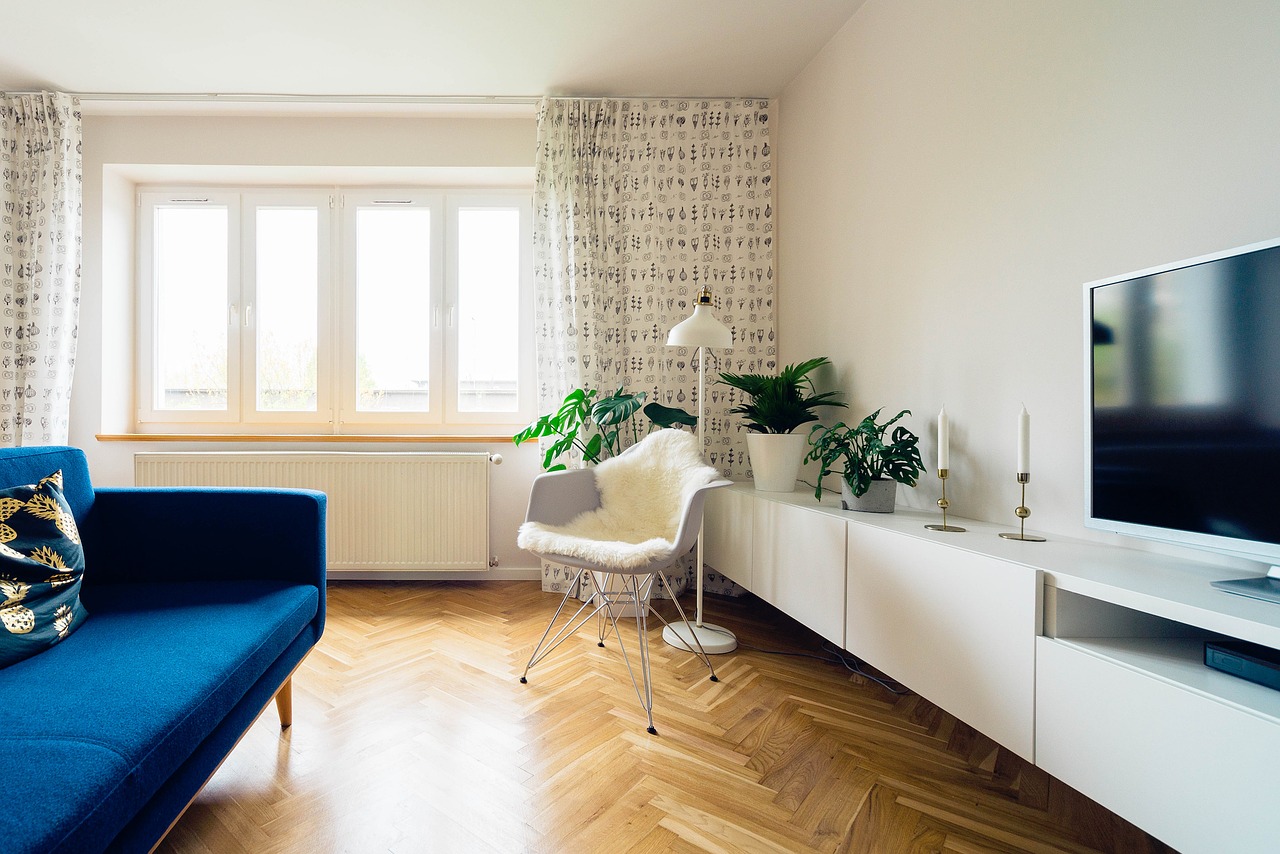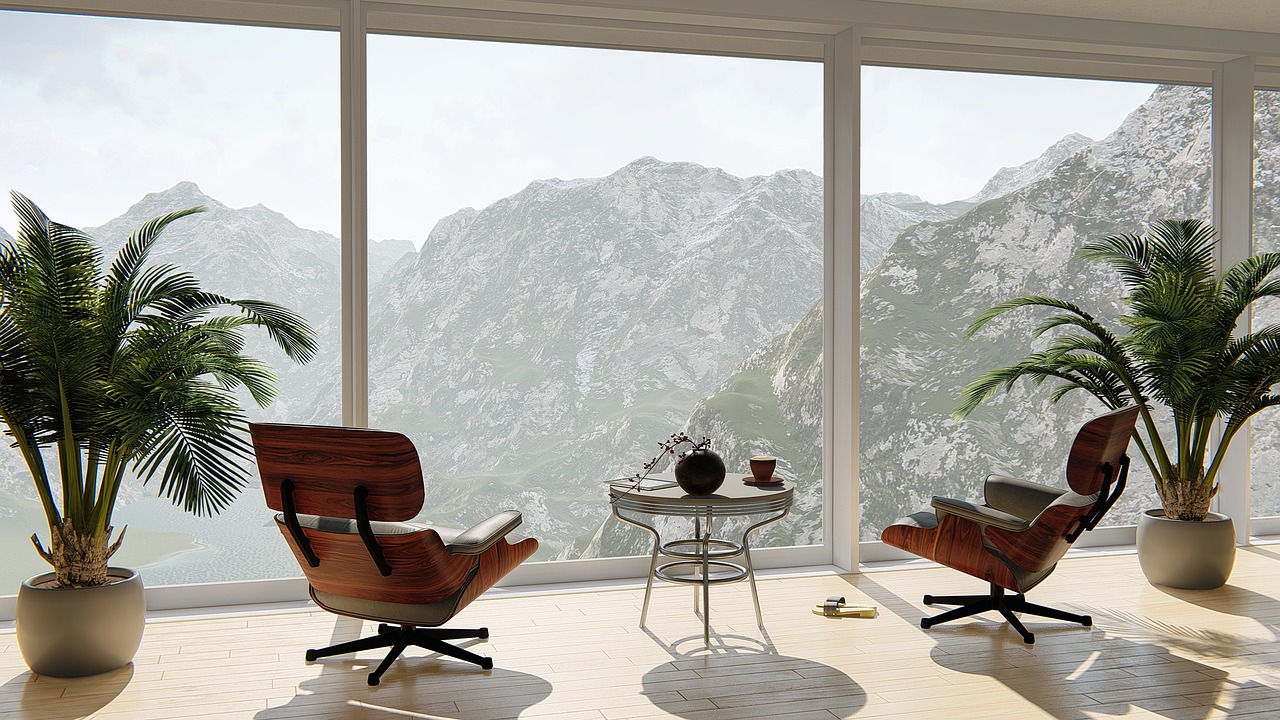If you rent or own a residence, you probably know that you need to change your air filter on a regular basis. However, you may not know much about buying home air filters. Before you make your next purchase, find out how you should go about picking your filter.
Choose the Correct Size
Before you can begin shopping, you need to know the right size of your home filter. The size of your filter depends on your HVAC system, and you need a tight fit for an effective system. Once you install the filter, there should be no or minimal gaps.
To determine the size of your filter, look at the previous filter. It may say the measurement on it, or you can measure it yourself. You should also consider the thickness. Although most homes need filters that are one inch thick, some require a filter as thick as four inches. The most popular filter size is 16x25x1.
Understand the Types of Home Filters
There are several types of home air filters. You could buy one of the following types:
Disposable Pleated
With this filter, small and large particles get caught up before entering your home. Usually, they require frequent changing.
Disposable Fiberglass
This type of filter is relatively affordable. However, it only collects large particles like debris and dust.
Disposable Electrostatic
Earning its name, this type of filter uses charged particles to gather small and large particles. Although they are more expensive than fiberglass and pleated filters, they tend to be more effective.
Permanent Electrostatic
If you’re willing to spend the money you can opt for this type of filter. You can wash it regularly and replace it every six to eight years. Most filters can be washed with a hose. Usually, they should be washed as frequently as you would change a disposable filter.
Look at the Minimum Efficiency Reporting Value (MERV)
When you buy a filter, you should consider the MERV. Issued by the EPA, this value tells you how well a filter works at trapping particles in the air. Typically, the rating is between one and 13. The lower the number, the fewer particles it collects.
Although you do want an effective filter, you don’t want one that restricts all of your air flow. If you get a filter with the highest rating, the resistance caused by your filter could require your HVAC system to work harder. You may pay more in your power bill.
If someone in your house has allergies, you should consider a filter with a higher MERV. Although it will cost you more in heating and cooling, it could improve their allergies. According to the EPA, some filters can remove pollen.
Change it When Necessary
It’s important to change your air filter regularly. No matter which filter you choose, you need to change it. Failing to do so puts stress on your HVAC system. All of the particles in your filter keep the air from flowing into your home.
In general, you should change your filter every three months. However, this could change if you have a permanent filter. You can research the recommendation on your own, or speak to an HVAC professional for more information.

